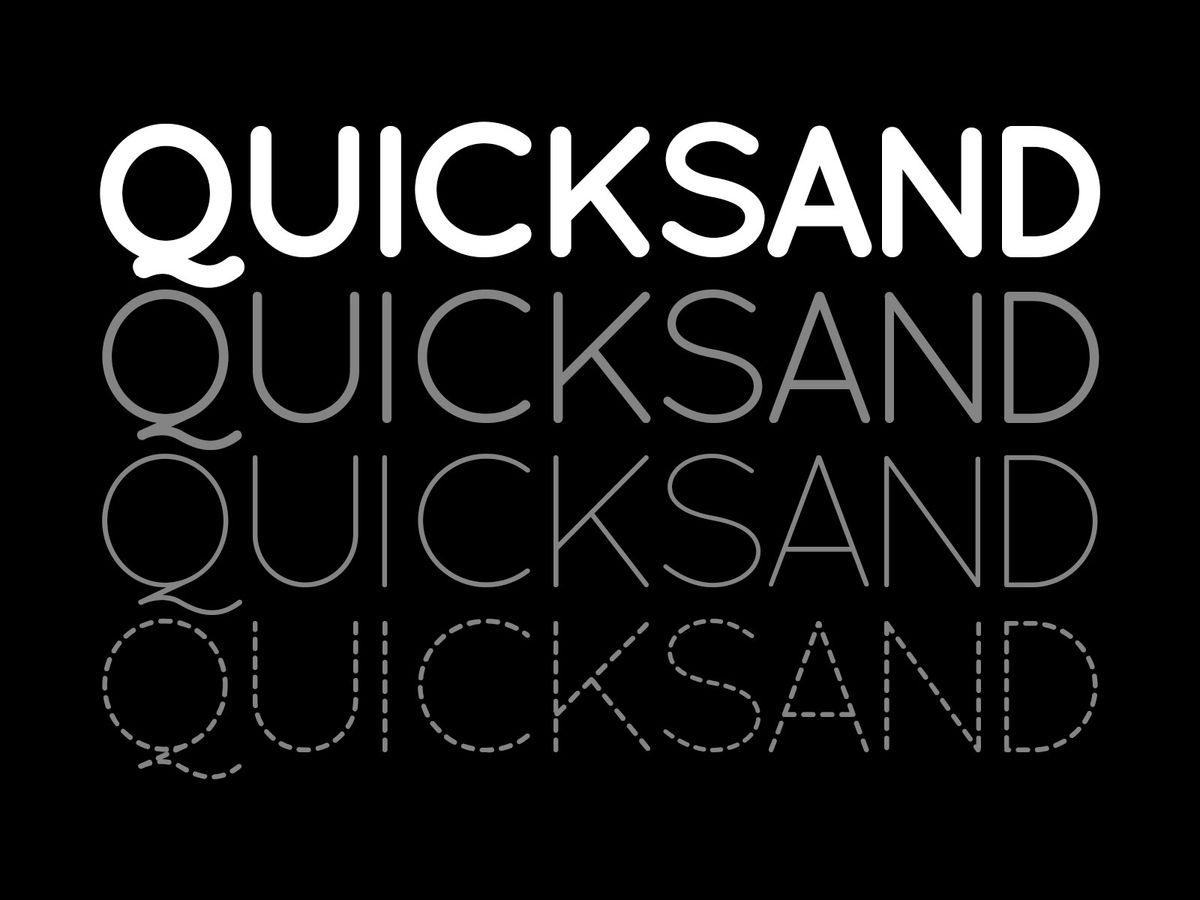Bold Boasting at eLife
Why the use of bold, meaningless intensifiers in its assessments of reviewed preprints?

eLife’s experiment with reviewed preprints seems like exactly the kind of nonsense an editorship from Michael Eisen would have been expected to deliver — transgressive, insulting to readers, careless with the scientific record, dismissive of intermediaries, and of dubious or even negative value (creating confusion isn’t positive value creation). I wrote about this back in October 2022, if you wish to review both the conflicted relationship eLife has had with prestige, the path of failure eLife has described during its run so far, and the illogic of reviewed preprints generally. I also covered it in July 2021 as a sign of sad, aging techno-utopians wishing to appear relevant by looking “rad” (featuring a favorite meme, as well).
So here we are in 2023, and enough reviewed preprints have been posted to evaluate one aspect of their approach — and it’s bizarre.
Each reviewed preprint received what is called an “eLife assessment,” and every one of these includes 1-5 bolded words — meaningless and inappropriate intensifiers that look desperate and misplaced.
These actually come from a bespoke system eLife calls a “common vocabulary” designed to distill a set of expressions to indicate the significance of the findings and the strength of the evidence reported in the preprint. A screengrab of these is shown below: